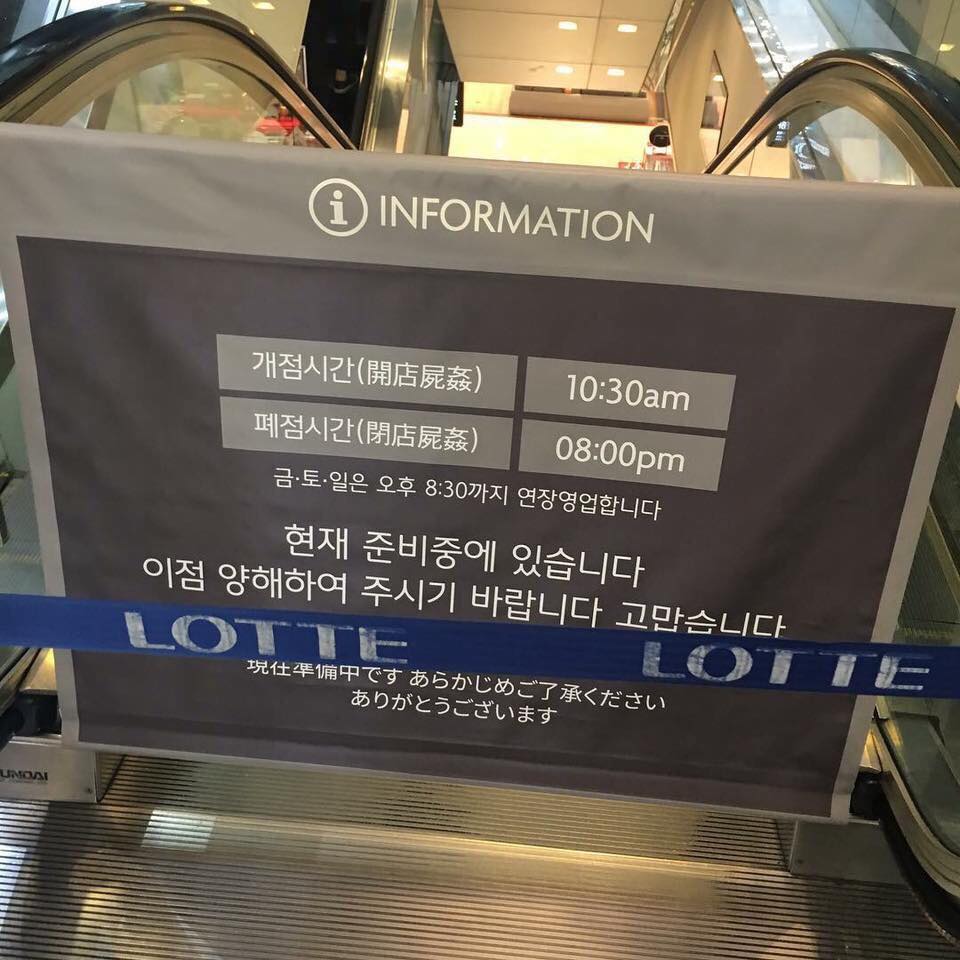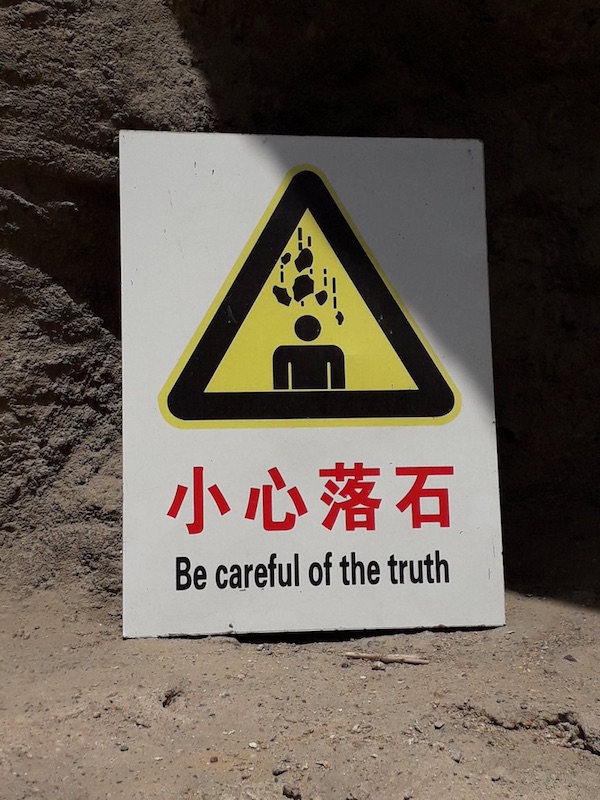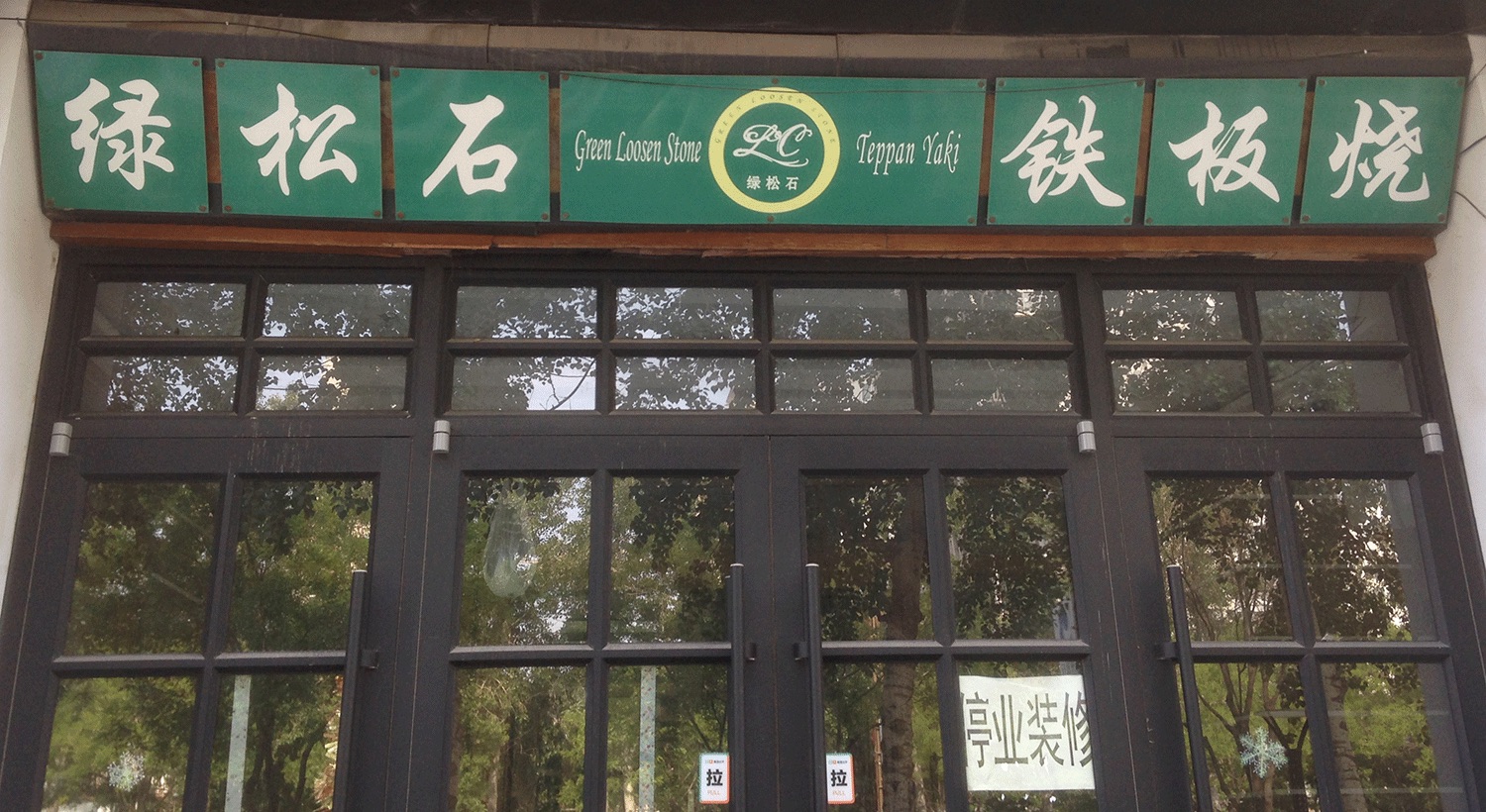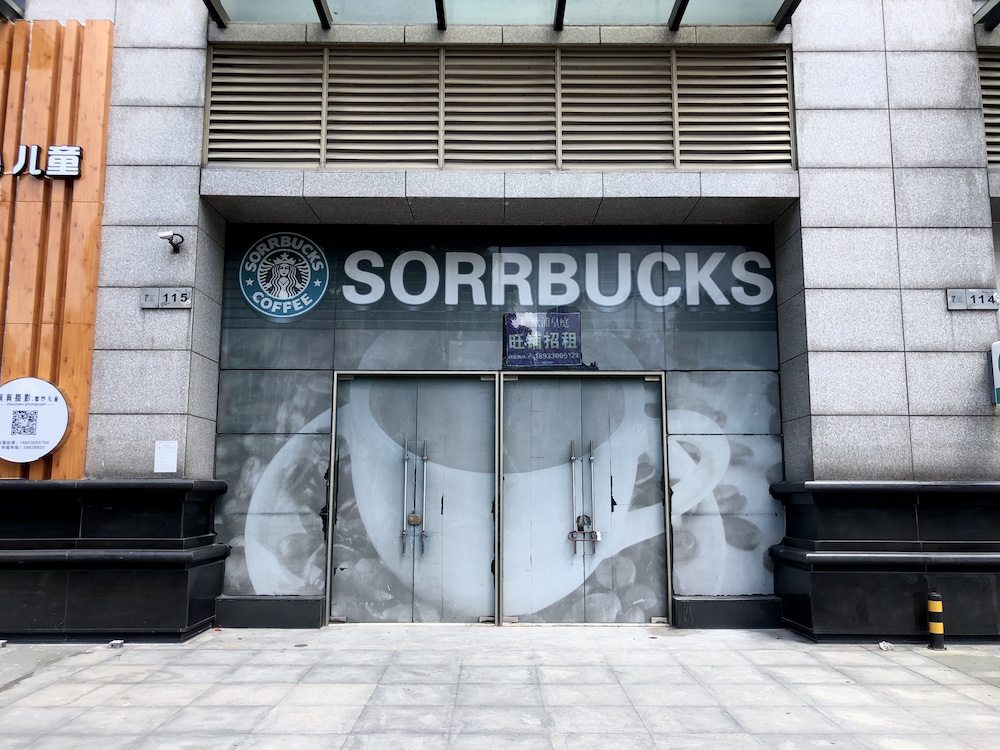Annals of cross-linguistic advertising blunders
Or maybe it was a genius move — the coverage hasn't quantified the effect on brand recognition and sales. Jelisa Castrodate, "Mountain Dew Mistakenly Tells All of Scotland to Masturbate for 'Epic Thrills'", Vice 8/29/2018:
Not terribly long ago, The Scotsman newspaper printed a helpful list of 15 words that have alternate meanings in Scotland. It pointed out that pudding has nothing to do with a Jell-O mix but is often a sausage made from pigs’ blood, that messages means grocery shopping, and that if you mince something, you’ve pretty much effed it up.
Unfortunately, the paper failed to include chug on the list, which is why Mountain Dew UK is being dragged across Scottish Twitter for inadvertently telling everyone that they’re chronic masturbators.
On Monday, Mountain Dew UK tweeted a .gif of a visibly sweating twentysomething downing a bottle of neon yellow soda. (He’s tanning it, if you want to dust off another piece of Scottish vocab.) “Epic Thrills Start with a Chug,” it says—which is why everyone from Elgin to Dumfries started giggling to themselves.
Read the rest of this entry »








